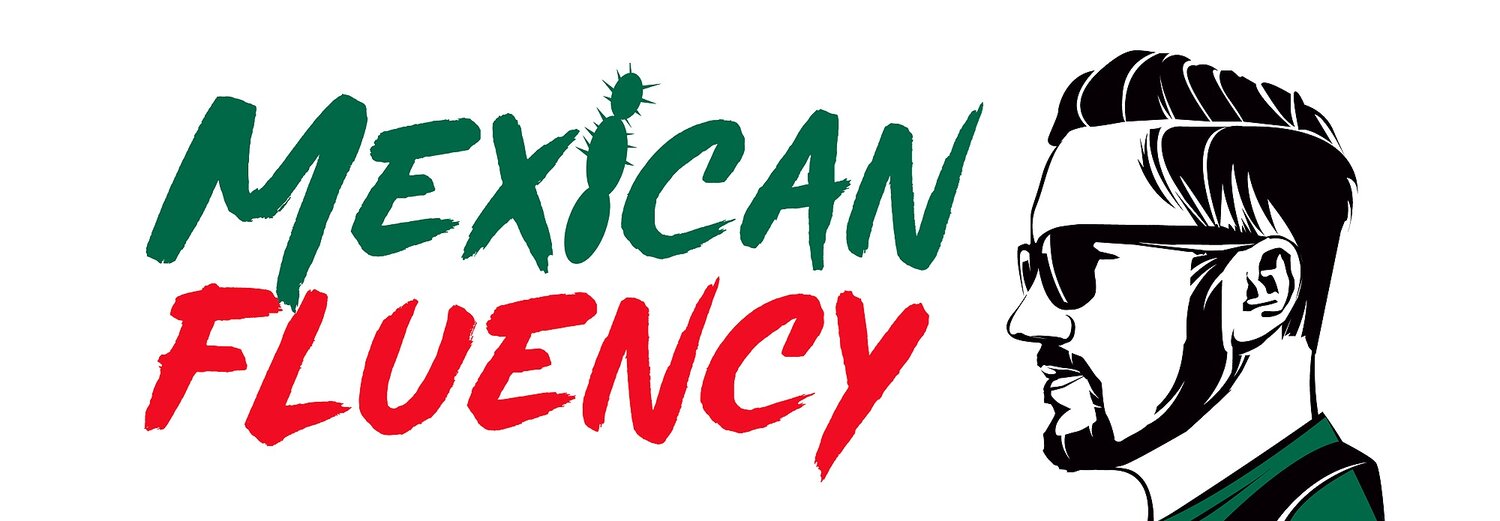‘Onda’: A Deep Dive into Its Many Meanings in Mexican Spanish
One of the exciting aspects of learning a new language is discovering words that carry a range of meanings and usages.
One such word in Mexican Spanish is ‘onda.’
This versatile term finds its place in numerous situations, from describing literal waves to expressing the vibe of a place. In this post, we will explore the various uses of the term ‘onda’ in Mexican Spanish to help you gain a nuanced understanding of its application and enhance your conversational skills.
1. A Literal Wave:
In its most literal sense, ‘onda’ translates to a wave. Whether referring to a wave in the ocean or a wave of sound, ‘onda’ is the term you wanna use.
Example: "La onda del mar" (The wave of the sea).
2. A Trend or Fad:
‘Onda’ can effortlessly transition into describing a current trend or fad. It’s a cool way to talk about what’s fashionable or popular at a particular time.
Example: "La onda del momento" (The trend of the moment).
3. The Vibe or Atmosphere:
Describing the general atmosphere or vibe of a place or situation? ‘Onda’ is your go-to term. It’s a casual way to capture the essence of a situation.
Example: "¿Qué onda en la fiesta?" (What’s the vibe at the party?).
4. An Informal Greeting:
One of the most common uses of ‘onda’ is in informal greetings. ‘¿Qué onda?’ is akin to saying ‘What’s up?’ or ‘How’s it going?’ in English.
Example: "¿Qué onda, cómo estás?" (What’s up, how are you?).
5. Expressing Style:
Everyone has their own way of doing things, or in Mexican Spanish, their own ‘onda.’ This term is a colloquial way to discuss someone’s style or method.
Example: "Cada quien tiene su onda" (Everyone has their own style).
6. Describing Attitude:
Don’t like someone’s attitude? ‘Onda’ can help express that too. It’s a term that captures the mood or attitude of an individual.
Example: "No me gusta la onda de ese tipo" (I don’t like that guy’s attitude).
7. Pinpointing an Issue:
If there's a problem at hand, ‘onda’ can be used to highlight it. It’s a casual way to bring attention to an issue or problem.
Example: "La onda es que no tengo dinero" (The issue is that I don’t have money).
8. Addressing a Topic:
When there’s a matter to discuss, ‘onda’ comes in handy to address the topic or issue in a conversation.
Example: "La onda de la reunión es hablar sobre los planes futuros" (The matter of the meeting is to talk about future plans).
Conclusion:
‘Onda’ is a testament to the rich, everyday texture of Mexican Spanish, bearing a variety of meanings based on the context in which it's used. As you delve deeper into the linguistic landscape of Mexican Spanish, embracing such versatile terms will undoubtedly make your conversations more engaging and authentic.
So the next time you find yourself amidst a chat, don’t hesitate to throw in an ‘onda’ and see where the wave of conversation takes you!
Wanna begin to master the nuances of conversational Mexican Spanish? Click here to join our upcoming cohort of “Speak Like a Mexican” today!
